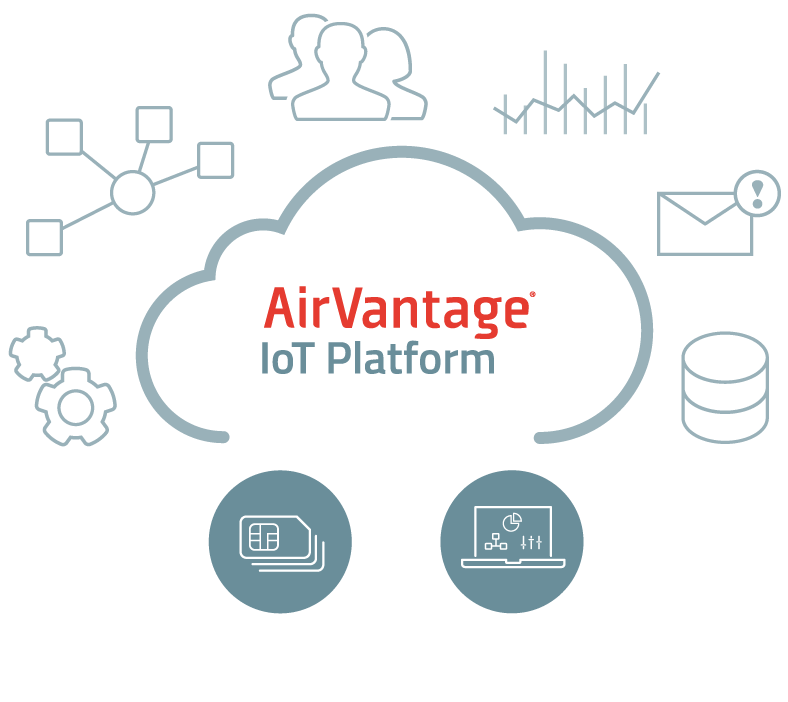Efficient Cloud IoT device management platform
Managed services and airtime for IoT connectivity
Regardless of technology, your data needs to be securely stored and analysed. Cloud-based services are a popular choice, providing the benefit of anywhere, anytime access.
We are proud to offer several Cloud-based and edge services. These purpose-built, high-performance platforms provide you with the tools and development community to get your service to market faster, enabling you to focus on your customer experience without worrying about your IoT and M2M infrastructure.
Uniquely providing all the services needed to create, deploy and manage several devices remotely from one secure cloud-based management application, connecting smart devices via cellular networks. Track, monitor, and manage the movement of high-value assets in near real-time, enabling quick and decisive action should problems occur.


